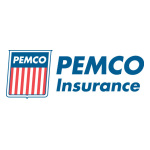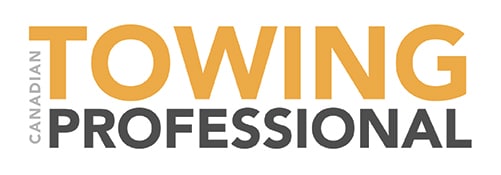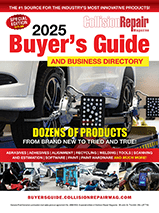SEATTLE–(BUSINESS WIRE)–The latest poll from PEMCO Mutual Insurance finds that despite the steady proliferation of new vehicle safety features and technology, more than half of Northwest residents think drivers today actually need to be more skilled behind the wheel than they needed to be 10 years ago.
There’s no debating that vehicle safety technology – such as backup cameras, blind-spot protection and lane departure warning – are designed to aid drivers and keep those inside and outside of the vehicle safe. However, this month’s PEMCO Insurance Northwest Poll found that while 9 out of 10 residents (93%) say those features are at least somewhat helpful, more than half of respondents (58%) think that mastering the skills necessary to drive a vehicle today is harder than it was a decade ago.
“Even with the latest safety features, it seems that this poll is telling us that being a defensive driver is more important than ever. Rising populations mean more cars are on the road, and technology like cell phones can both help and hinder – the upshot is that today’s realities require all of us to be on alert behind the wheel,” said Derek Wing, PEMCO Insurance spokesperson.
The PEMCO poll went on to find that of drivers who have at least one newer safety feature in their vehicle, two-thirds (69%) say they rely on them while driving. However, even more – 78% – say that they’re very confident they could drive just as well without them.
That confidence could explain a certain amount of skepticism shared by drivers when it comes to trust in the features intended to keep them safe. In fact, a new study from the Insurance Institute of Highway Safety (IIHS) on automated lane-centering systems found that current systems designed to keep vehicles from drifting out of their lane don’t work well enough to inspire trust in the drivers operating them.
On average, IIHS found that drivers were mostly neutral about whether automation improved the overall driving experience, partly because drivers didn’t feel that the systems drove like they do when they’re in control.
Northwest drivers seem to agree. According to the PEMCO poll, respondents count lane departure warning systems among the least helpful safety features – just 5% would consider it a car’s most helpful safety feature. Instead, a majority of respondents said that the backup camera and blind-spot protection are among the top – 32% and 29%, respectively, consider those the most valuable vehicle safety features.
For a complete summary of PEMCO’s poll results visit www.pemco.com/blog/nw-polls where you’ll find responses collected by FBK Research of Seattle in January 2019.
About the PEMCO Insurance Northwest Poll
PEMCO Insurance commissioned this independent survey, conducted by FBK Research of Seattle, that asked Washington and Oregon residents questions about driving habits and attitudes toward current Northwest issues. The sample size, 600 respondents in Washington and 600 in Oregon, yields an accuracy of +/- 4.1 percent at the 95 percent confidence level. In other words, if this study were conducted 100 times, in 95 instances the data will not vary by more than the associated error range.
About PEMCO Insurance
PEMCO Insurance is the Defender of Your Northwest, providing auto, home, renters and boat coverage. We are consistently recognized for outstanding service, employee expertise and social impact. Our Mutual Good programs raise the achievement levels for youth in education; build stronger, greener environments; and increase safety at home, on the road and at play. Our mission: Free our communities to worry less and live more. To learn more, visit www.pemco.com.
Contacts
Derek Wing
PEMCO Insurance
206.628.4622
Derek.wing@pemco.com
Kristi Herriott
Firmani + Associates Inc.
206.443.9357
Kristi@firmani.com

























